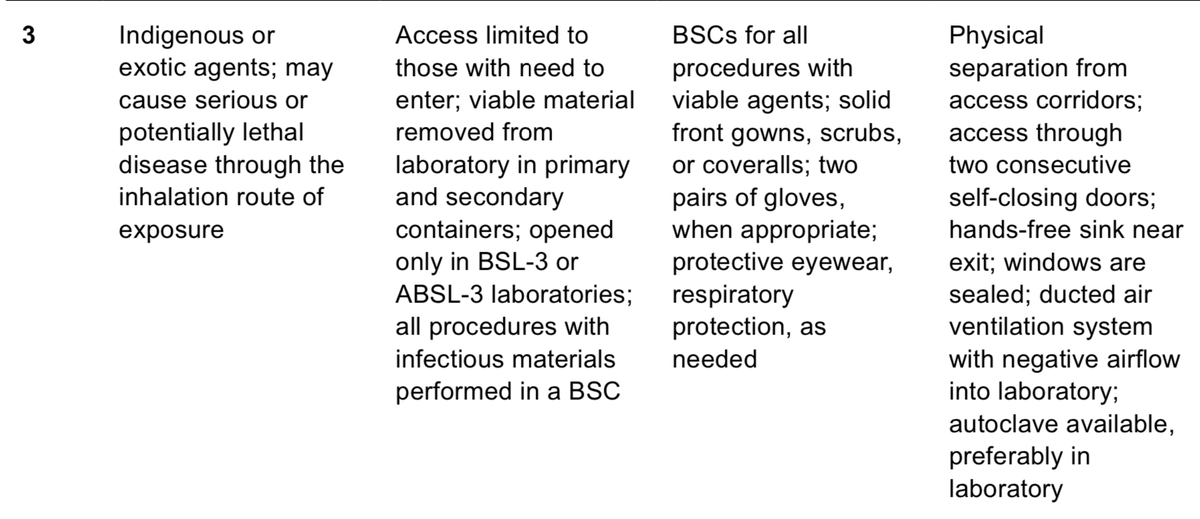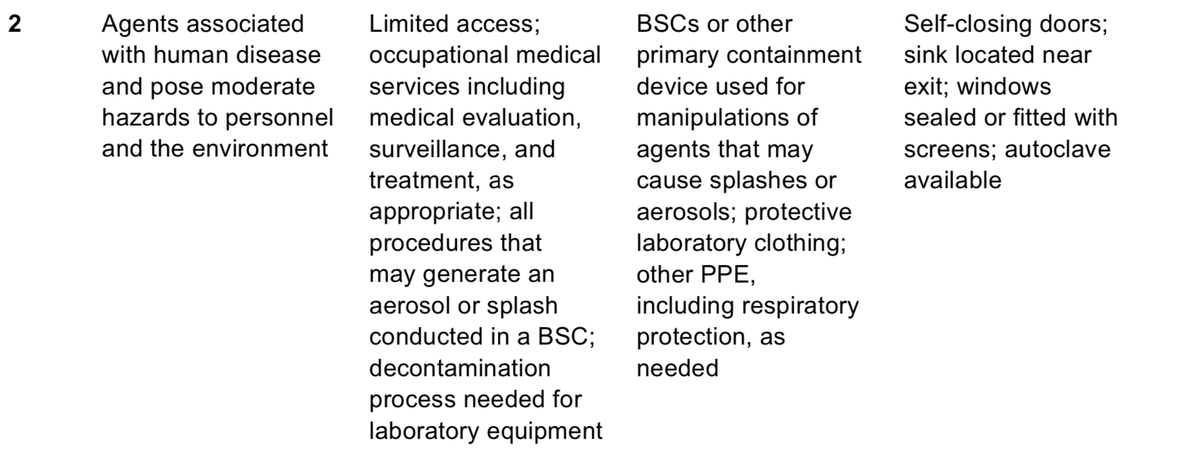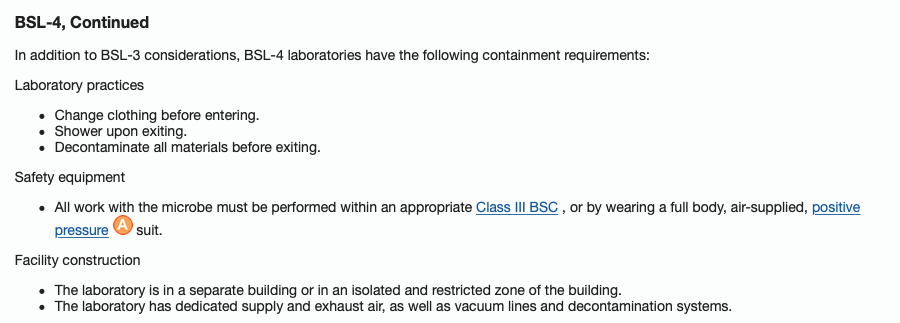
1/ I may teach this @nytimes article in my science journalism class next year as a model of how to do it wrong. nytimes.com/2021/06/14/wor…
@amyyqin and @ChuBailiang are expert and knowledgable China reporters. They seem in this piece out of their depth on the science...
@amyyqin and @ChuBailiang are expert and knowledgable China reporters. They seem in this piece out of their depth on the science...
2/ I don't have time right now (deadlines of my own) to fisk the problems in this piece fully...so I'll just point to two problems very quickly. They are clearly drawing on others' work to describe each of the alleged scenarios for a lab escape origin for the COVID pandemic...
3/ There account follows closely the arguments from Nicholas Wade, who lost his connection to @NYTScience because of his commitment to motivated reasoning on race and genetics, and the novelist/essayist Nicholas Wade. In repeating very similar claims without scrutiny...
4/The writers (and their editors) fall into one of the most annoying and damaging habits of herd journalism: amplifying a story because others are touting it, and not because they've subjected the details of the story itself to anything like rigorous tests...
4.5/ An aside: Even though I think Wade & Baker made claims well beyond the evidence, they've suffered the same fate of a lot of freelancers: seeing what they've written taken up in the Gray Lady without any hint that someone got their first. It was ever thus...
5/ Back to the point (I do have one. Or two.) By accepting the lab-escape framework as the premise of their story, @amyyqin and @ChuBailiang have fallen into the same trap their politics desk colleagues did in, say, the Clinton emails story...taking the bait on a loud story...
6/ that repeatedly holds up poorly as each aspect of it is examined carefully. Given the evidence that pushing the idea that China foisted this disaster on the world has clear political motives behind it and aims before it, some caution would be indicated...
7/ and yet, despite bitter experience (never fully acknowledged within @nytimes' newsroom) here we are again.
Alright...this is going on longer than I have time for. So just one more quick thing...
Alright...this is going on longer than I have time for. So just one more quick thing...
8/ When I show this piece to my students this fall, I'll ask them to see who is quoted, & how support for the two options–lab escape or natural origin– are described.
They'll find that only lab-escape proponents are quoted (except for the Chinese scientist under indictment)...
They'll find that only lab-escape proponents are quoted (except for the Chinese scientist under indictment)...
9/ And that in the abstract, the lab-escape partisans are treated as equivalent in expertise and especially number or weight to the those pursuing evidence of a zoonotic origin for the virus. Is that true?
No, gentle reader. It is not...
No, gentle reader. It is not...
10/ Please note what I am NOT saying. I am not saying that an interview with Shi Zhengli isn't newsworthy.
It is. Obviously.
She is an important figure at the heart of the biggest story of our moment. But how that interview is framed and contextualized is vital...
It is. Obviously.
She is an important figure at the heart of the biggest story of our moment. But how that interview is framed and contextualized is vital...
11/ I'll stop here, w. 1 last thought. Qin & Buckley are good reporters. On the evidence of this one piece, tho, they're not good science journalists, and the old journalism shibboleth that all a strong reporter needs to cover any story is a notebook and pen just isn't true...
12/ By contrast, look at this interview, in the same paper, published on the same day, by two of @nytimes excellent science writers: nytimes.com/2021/06/14/sci…
From molecular biology to forensic epidemiology, there's hard technical stuff at the core of the COVID story...
From molecular biology to forensic epidemiology, there's hard technical stuff at the core of the COVID story...
13/ It's easy to get stuff wrong, and it's hard, I think, for those unused to the beat to realize how fast the science can change. The premises in Qin-Buckley piece are already being undermined by new (and some old) knowledge. And if you don't cover science regularly...
14/ It's easy to miss a lot of important stuff, as here.
/fin for now.
/fin for now.
9.5/ To interject: Qin and Buckley also quote from the same small, loud group of lab-escape proponents as everyone else. It's always a mistake to rely on a single, potentially motivated-thinking claque in a story of this (or any, really) complexity.
• • •
Missing some Tweet in this thread? You can try to
force a refresh






